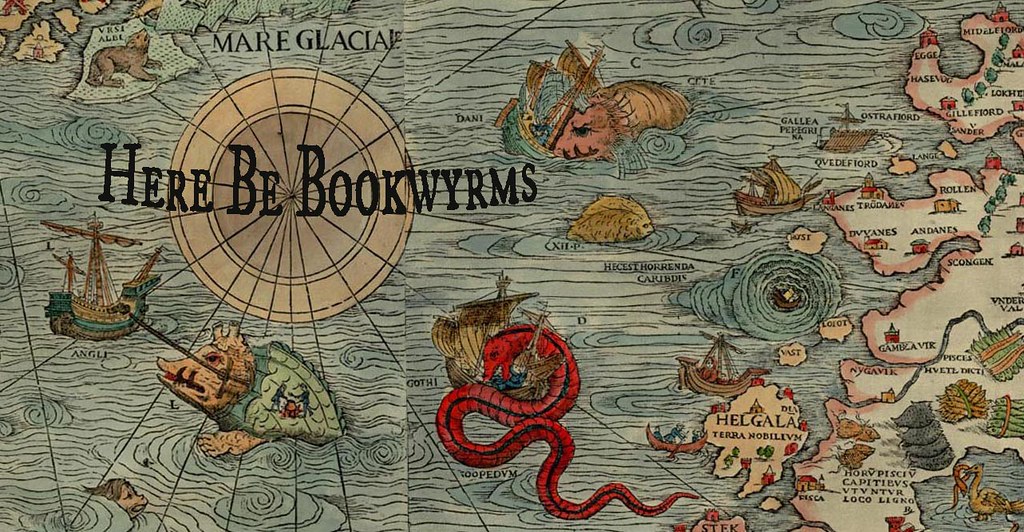Coming of Age in Samoa is an ethnography Mead wrote after her first fieldwork in the village of Taū in American Samoa (conducted in the 1920s). People in the United States tended to assume that with adolescence comes unavoidable awkwardness, angst, and a possible myriad of other grievances. Mead (supported by Our Father of American Anthropology, Franz Boas) believed that this is not necessarily universal - that the problems we associate with this stage of life is culturally created by demands and expectations placed on adolescents by our society. She therefore set out to compare the experience of adolescents in a rather different culture than our own, to determine whether they were very different or not. She used traditional ethnographic research methods of participant observation and conducting interviews, which she supplemented with surveys and questionnaires.
That's essentially what the book is about. As for the controversy? Another researcher, Derek Freeman, challenged some of Mead's content, because supposedly at least some of her (then) young informants had not been entirely truthful with her during their interviews. I have not read Freeman's book, but here is what I think from what I do know: maybe the girls lied, maybe they didn't. The same could probably be said about likely any other ethnography that has ever been written. That is why this method of research is so extremely consuming of time and energy - in order to be reasonably certain you are getting accurate information, you must establish a rapport with the community you are hoping to research. If the trust is not established, you may as well forget it, because the people you want to learn about will not be willing to cooperate with you. Anyway, so if it IS true, I say that's not necessarily all on Mead. It was her first fieldwork, and she was only 23 years old when she began, so it would not be surprising if she were perhaps not as thorough as she should have been. But the fault would be partially that of her young informants, as well, for purposely misrepresenting their culture. They knew Mead was there as a researcher, they knew the information given her would be made known to others as a representation of a facet of Samoan life. They would have known there would be that price to pay for playing a trick on the anthropologist.
One other major note I want to make regarding this book: because much of the hype surrounding Coming of Age in Samoa is about the community's sexual relationships, I naturally expected that to be the bulk of the subject matter. Not so. In fact, only one chapter out of fourteen is devoted to sexual relationships (the others all center around daily life in the village and division of labour by age and gender...things like that). Sex only comes up in the other chapters in passing, when it is relevant to the other topics.
All in all, I did find Coming of Age in Samoa to be an interesting book; if you're not really interested in non-fiction, though, this may not be for you. It is, however, still very accessible to people who are not students of anthropology, as Mead does not write just for the academic audience. I would suggest finding a recent edition (mine was published in 2001), as that way you have the preface, etc., which I think is helpful to the understanding of the "point" of the book, and has Mead's reflections on things that have changed since her fieldwork and publication of the first edition.
ISBN:
9780688050337
Publisher:
William Morrow
See what others are saying about it or buy it now:
Amazon
Better World Books
9780688050337
Publisher:
William Morrow
See what others are saying about it or buy it now:
Amazon
Better World Books



شركة تنظيف بالدمام
ReplyDeleteشركة نظافة بالدمام
Please I want the copy of this book titled, Coming of an age of Samoa
ReplyDelete